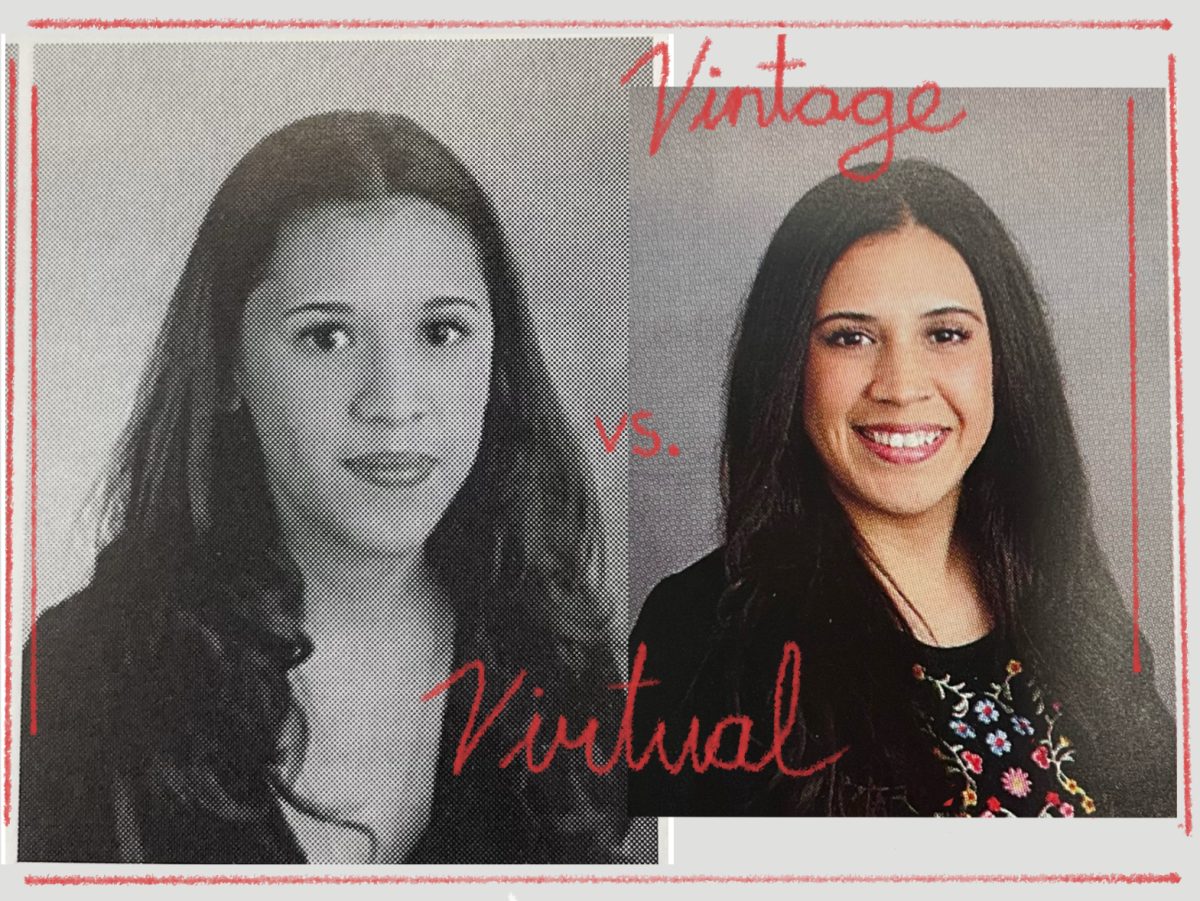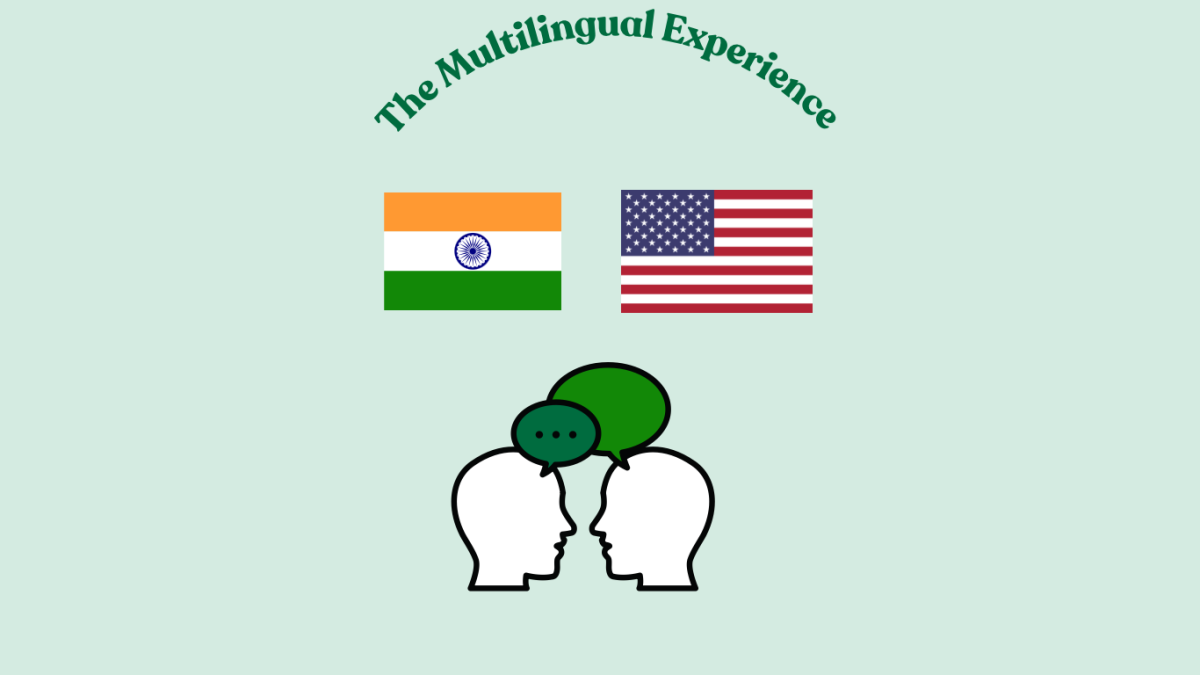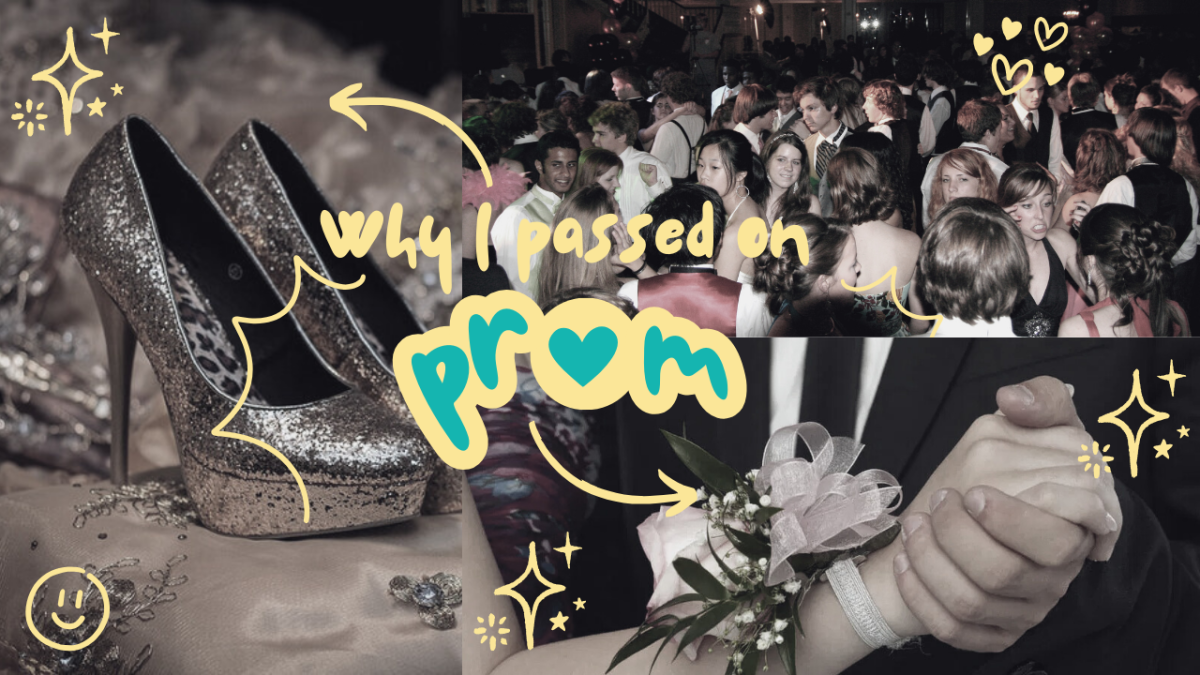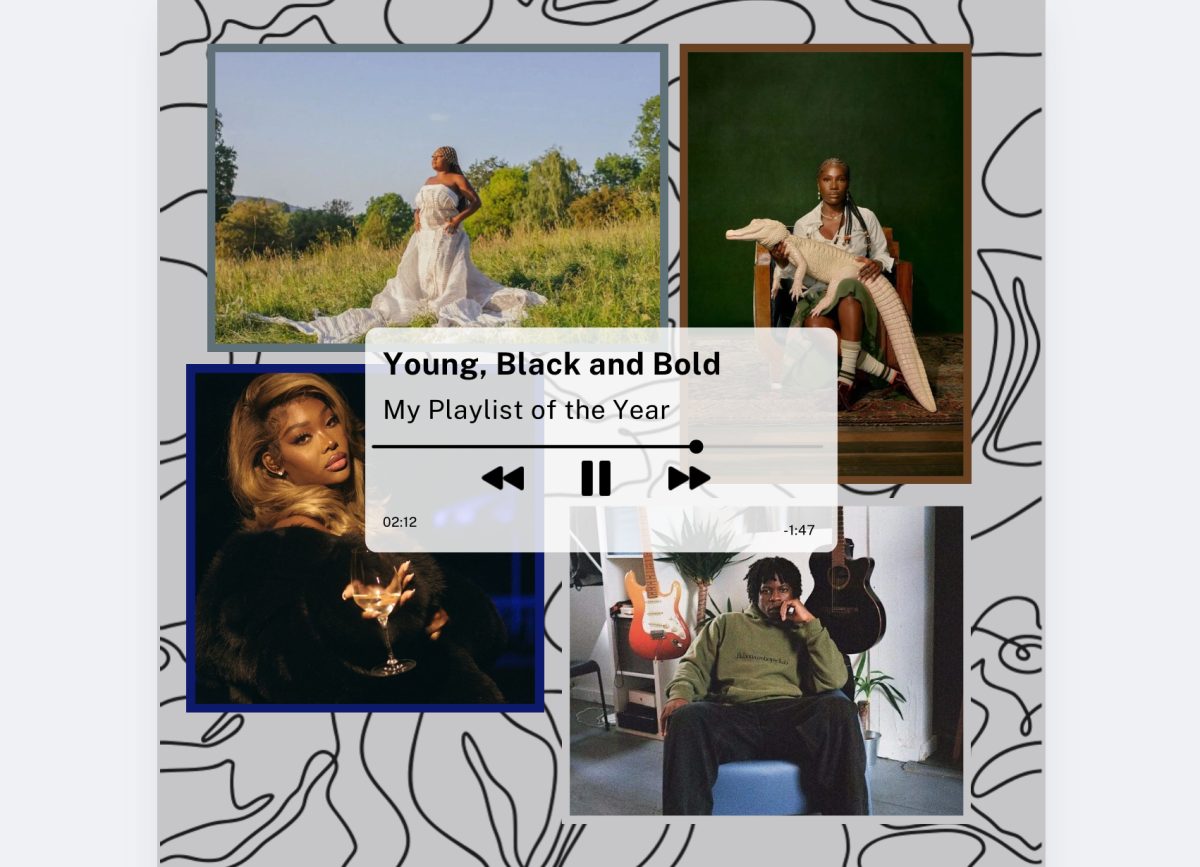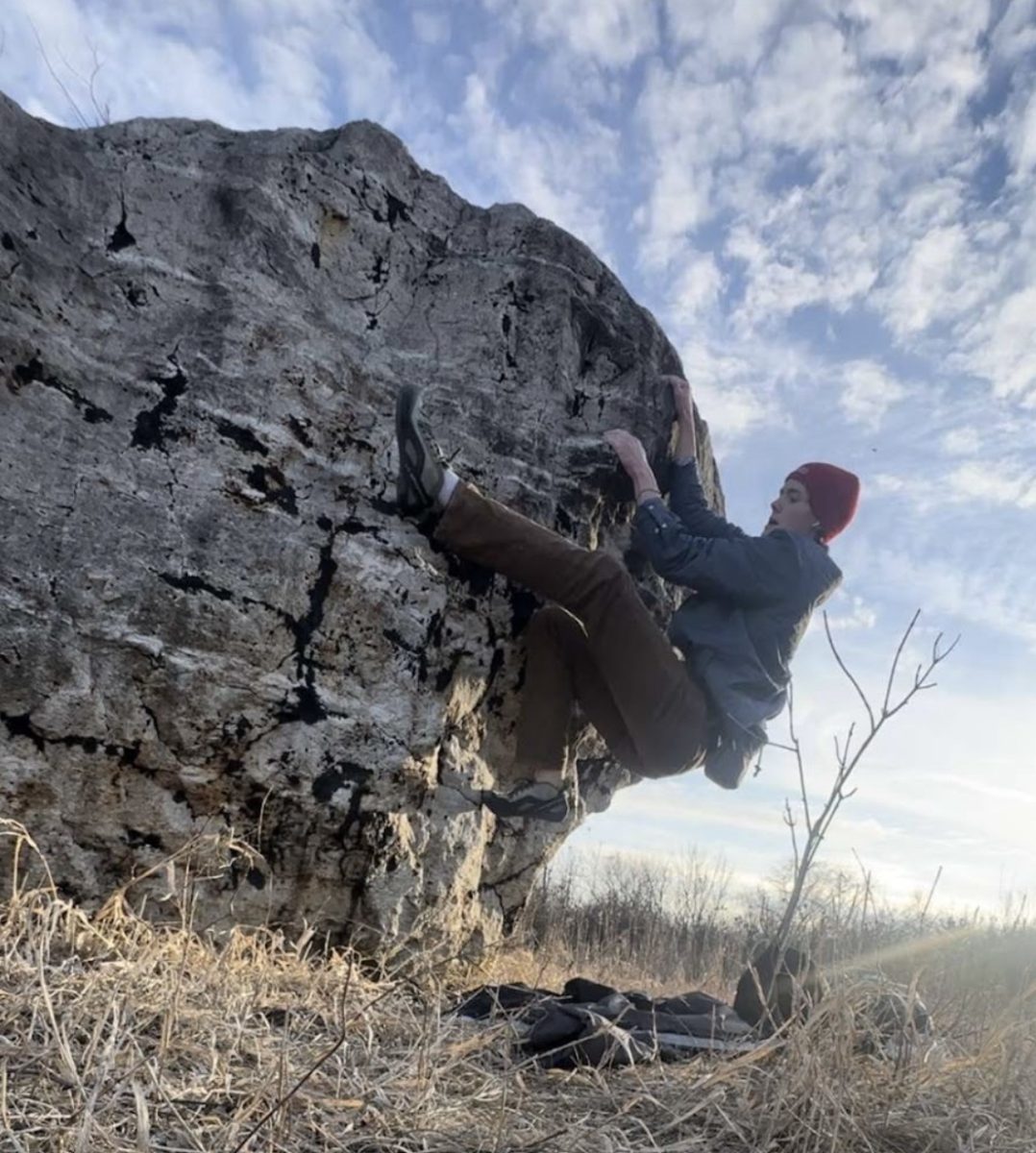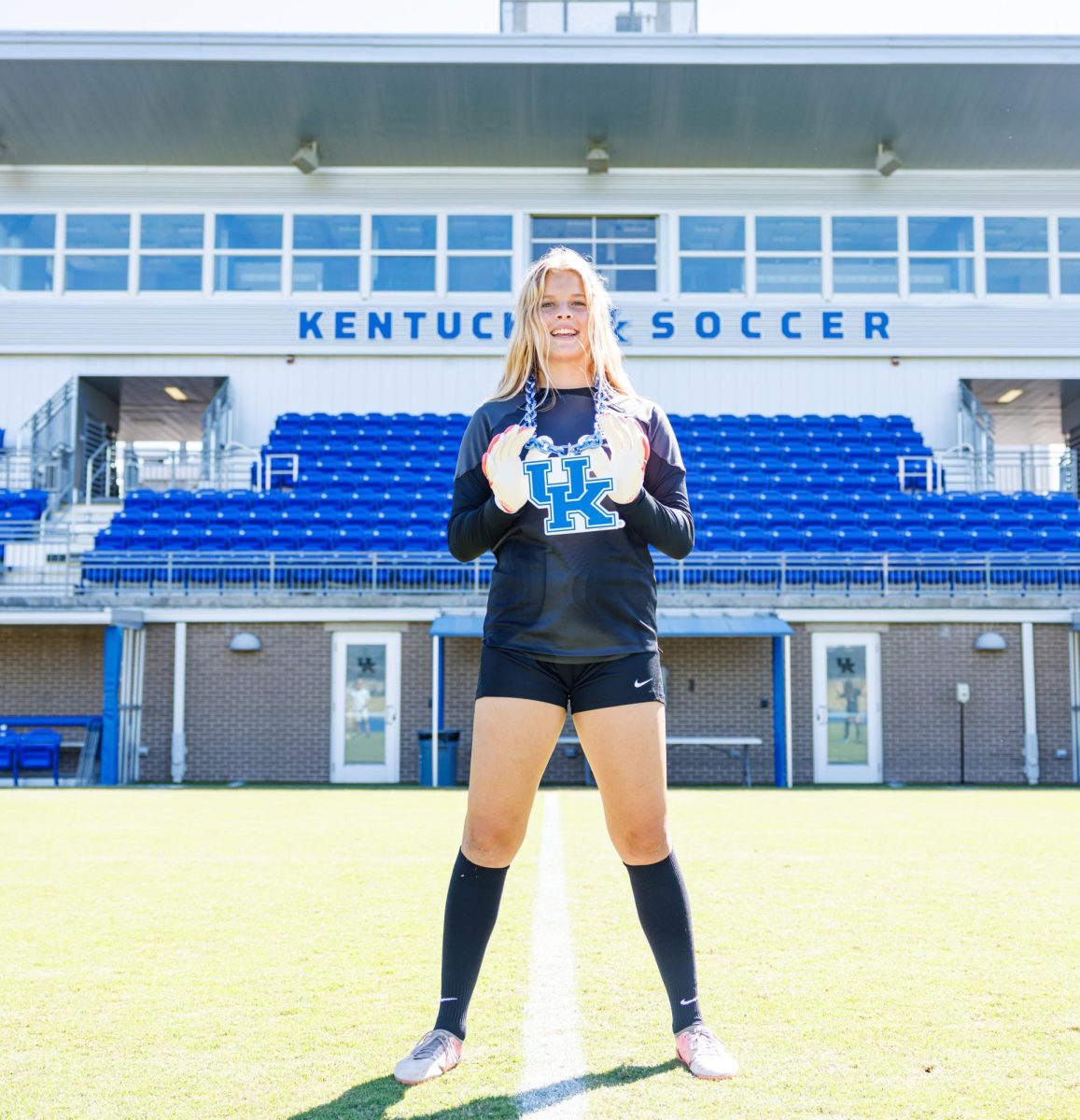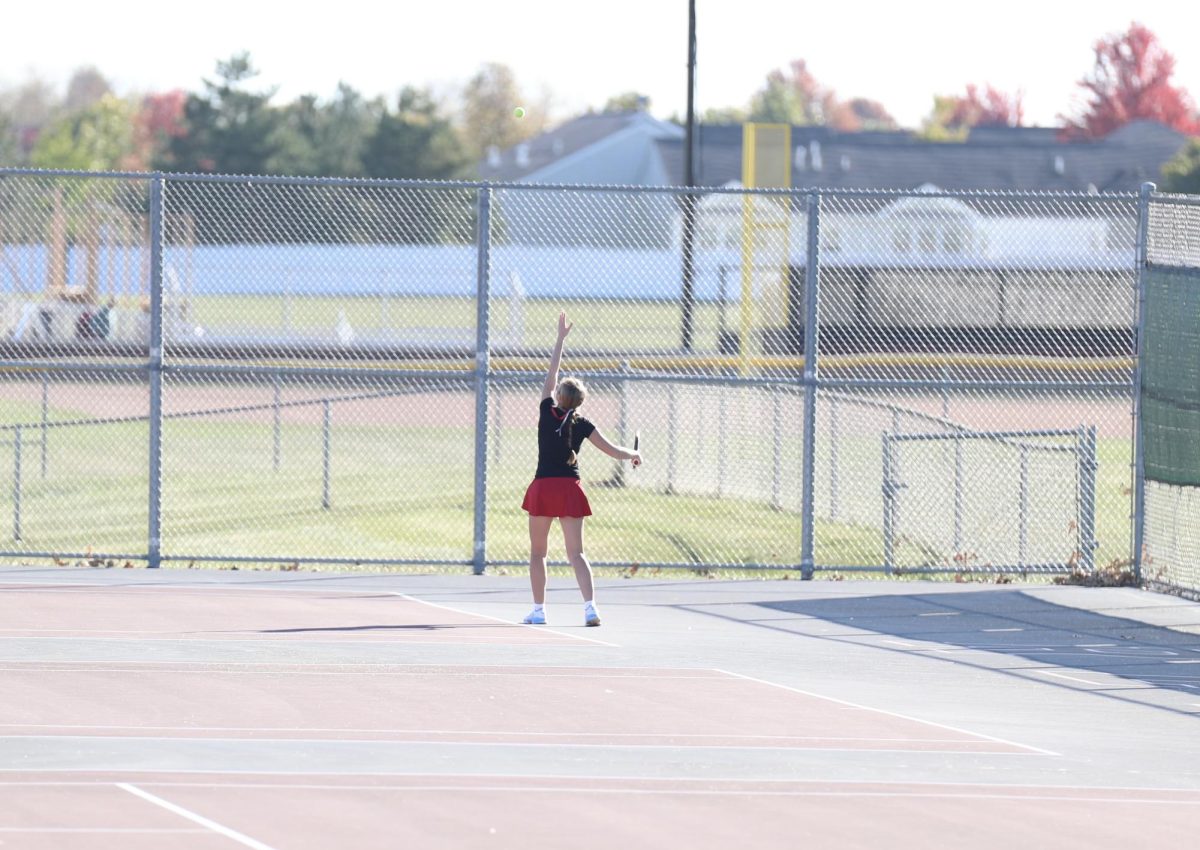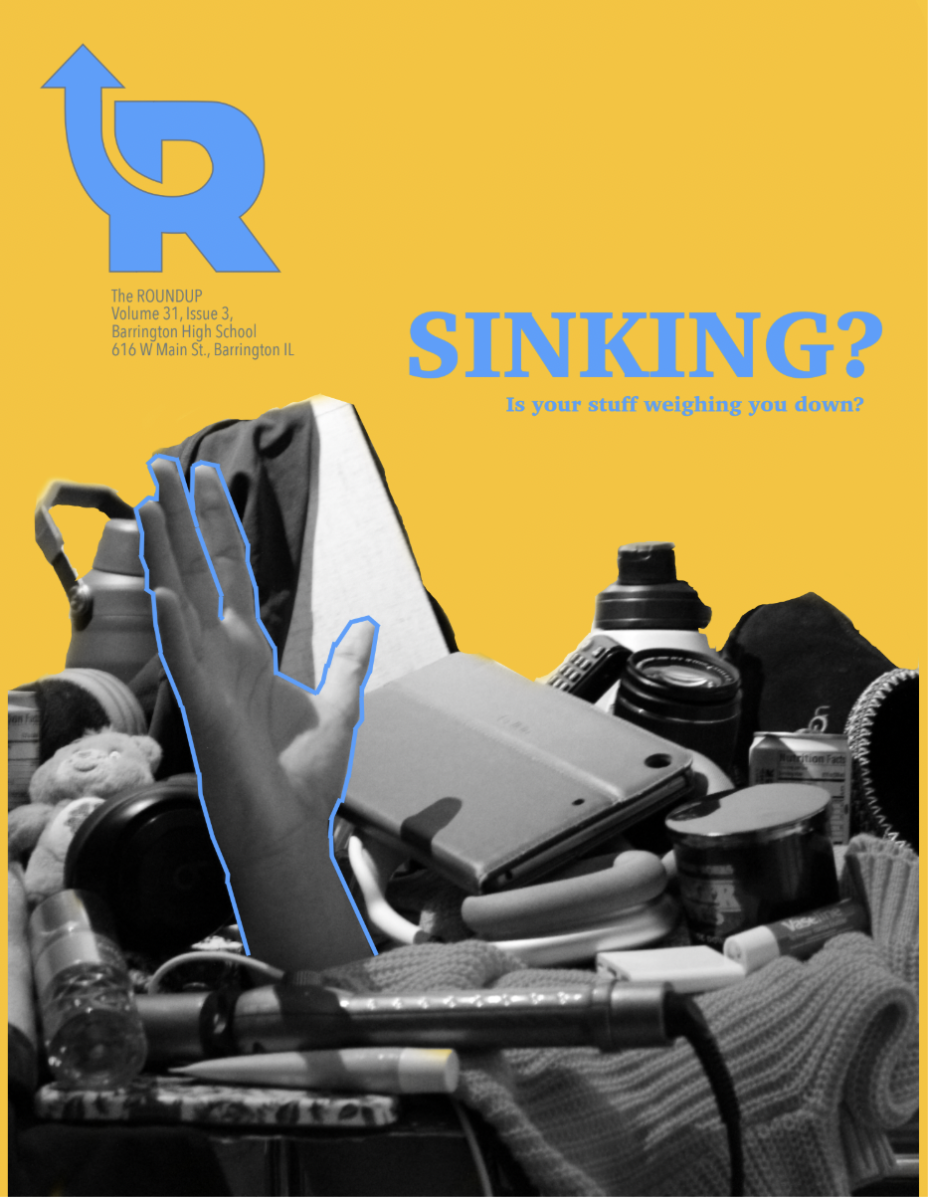Opinion: Amy Coney Barrett may be a woman, but she does not support women
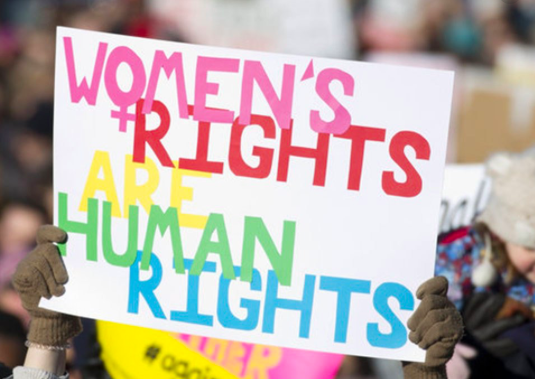
Amy Coney Barrett was sworn in as an Associate Justice of the Supreme Court – the highest judicial court in the American justice system – as a replacement of the late Ruth Bader Ginsburg On October 27th, 2020. Ginsburg was known for her advocacy of women’s rights, especially on the historically majority male court. One historic case that Ginsburg supported the outcome of was Roe v. Wade, which granted women all across the United States legal access to abortion in 1973. Amy Coney Barrett, on the other hand, has remained silent during her Supreme Court hearings on the matter of abortion access.
But her past rings louder. According to the BBC, Barrett once voted in favor of a law requiring parents to be informed if their minor child was seeking an abortion, as well as calling for a state law banning abortions to be reheard. With the inclusion of Barrett, the Supreme Court now gains another conservative voice. Her confirmation has rattled women across the country, fearing their right to choose may now be at risk: Will Roe v. Wade be overturned?
Prior to the passing of Roe v. Wade, abortion was illegal in 30 states. Illegal and dangerous abortions were common, with up to 1.2 million per year and causing about one fifth of the maternal death rates in 1930, according to Guttmancher Institute. Poor women and nonwhite women were disproportionately disadvantaged. That rate plummeted only three years after Roe v. Wade, with illegal abortions more than seven times less likely and death due to illegal abortion almost eighttimes less likely.
It is clear that Roe v. Wade provided essential healthcare for women, and most importantly, it gave women the right to control their own bodies. This important Supreme Court decision kept the government from dictating what women can and cannot do. If a woman decides she doesn’t want to carry a fetus to full-term pregnancy, whether it be due to her financial situation or due to her age, she should have both the ability to make that choice and access to safe abortion. The data is clear: Regardless of the legality, women will naturally seek bodily autonomy. Roe v. Wade prevented more women from dying and has saved the futures of women everywhere.
Those who are pro-life say that the unborn fetus has a right to be born. However, the rights of the fetus are not more important than the rights of the mother. The pregnant woman is already a living, breathing person with a life and a mind of her own. She does not have to endure the physical and emotional labor of a pregnancy she does not want and bring her child into a living situation potentially incompatible with healthy development for the peace of mind of a person who will not raise her baby for her.
Supporters of Amy Coney Barrett’s anti-abortion mindset have a common argument, “What if the baby that was aborted grows up to cure cancer?” The response from the pro-choice crowd: “What if the woman who could’ve cured cancer was instead forced into a life of caring for a baby she never wanted?”
Your donation will support the student journalists at Barrington High School! Your contribution will allow us to produce our publication and cover our annual website hosting costs.














